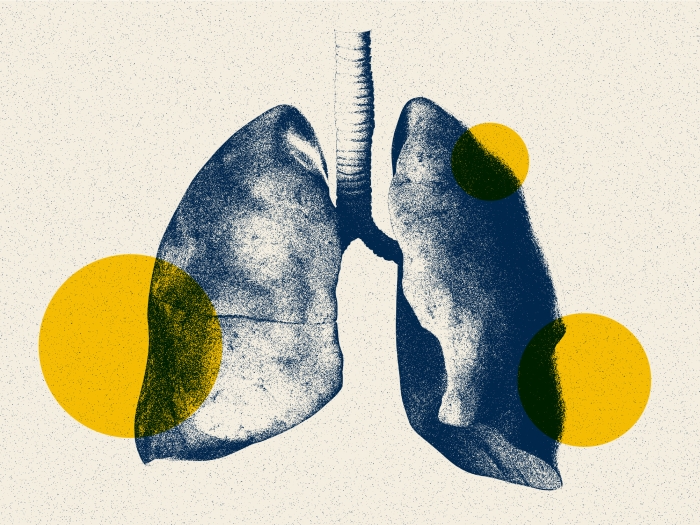Lead Research Communicator
Malcom is a lead research communicator for Michigan Medicine and research communications strategist for the U-M Medical School, with more than 20 years of experience in strategic communications, marketing, and health and science writing. She covers the basic science departments, pulmonary and critical care medicine, infectious disease, pathology and anesthesiology. Contact: [email protected]


Health Lab
In a report in JAMA Surgery, researchers propose two novel tools that leverage the All of Us dataset to look at acute health events such as surgery.

Health Lab
A study published in JAMA Network Open finds most people want to be notified if AI is used in their health care.

Health Lab
Research from the University of Michigan uncovers a unique way the bacteria Bacteroides, which make up nearly half of the gut microbiome, synthesize the proteins needed to degrade carbohydrates.

Health Lab
A Michigan Medicine virologist speaks about the implications of H5N1 influenza, or bird flu, and whether a new pandemic could be on the horizon.

Health Lab
University of Michigan researchers may have found that the solution to prevent people from dying from a fentanyl overdose may be found within fentanyl's own chemistry.

Health Lab
In a recent study, using network neuroscience, investigators found a way to objectively determine the balance of integration and segregation in fMRI-measured brain signals during wakefulness as well as during sleep and anesthesia.

Health Lab
Seeing is believing: A newly developed algorithm allows researchers to see how a gene is expressed at microscopic resolution.

News Release
Gilbert S. Omenn, M.D., Ph.D., and his wife, Martha A. Darling, have made a generous gift of $25 million to the Department of Computational Medicine and Bioinformatics (DCMB) within the University of Michigan Medical School.

Health Lab
A study hints at how complex introducing yourself to another can be, using a mouse model to uncover the brain processes behind nonsexual social approach and contact.
News Release
Three U-M investigators—Changyang Linghu, Longhua Guo and Sundeep Kalantry—have been acknowledged by the National Institutes of Health’s (NIH) prestigious High-Risk, High-Reward Research program.

Health Lab
A therapeutic developed by Michigan Medicine's Michelle Hastings, Ph.D., is now being used to treat twin girls with a rare form of juvenile Batten disease.

Health Lab
A study shows that disulfiram, known for causing severe hangover symptoms by blocking alcohol breakdown, also inhibits the inflammatory NLRP3 complex.

Health Lab
Rehabilitation can help patients who are recovering from an injury or illness. However, new data suggests patients hospitalized for chronic obstructive pulmonary disorder, or COPD, aren't receiving it.

Health Lab
Investigators at Michigan Medicine, who are studying the nature of consciousness, have successfully used the drug to identify the intricate brain geometry behind the unconscious state, offering an unprecedented look at brain structures that have traditionally been difficult to study.

Health Lab
In a JAMA research letter, Medicare and Medicaid claims data were used to estimate the greenhouse gas emissions of inhalers using propellants versus those that are propellant-free in the United States.